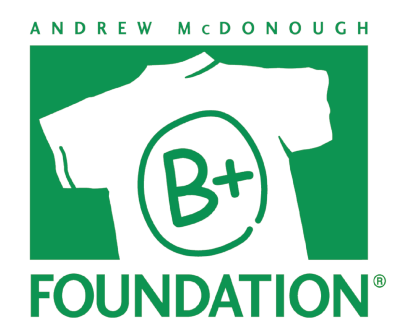Validating PRL2 as a New Therapeutic Target in T-ALL
Dr. Loretta Li, M.D. – Ann & Robert H. Lurie Children's Hospital of Chicago, Chicago, IL
Acute lymphoblastic leukemia (ALL) is the most common form of cancer in children and T-cell ALL (T-ALL) is a high risk subtype of this disease that accounts for 10-15% of pediatric cases. Changes in the PI3K/PTEN/AKT signaling pathway are often seen in T-ALL and this is associated with reduced disease free and overall survival. PTEN is a tumor suppressor gene that inhibits PI3K/AKT signaling, but its expression is often decreased in cancer. PRL2, in contrast, is a gene that is highly expressed in T-ALL cells. This gene can inhibit PTEN, thus promoting increased cell proliferation and survival. We hypothesize that PRL2 promotes T-ALL development by inhibiting the PTEN tumor suppressor pathway. In Aim 1, we will assess how PRL2 loss alone or in combination with PTEN loss affects overall survival in mouse models of T-ALL. We will also evaluate how increased or decreased PRL2 expression affects T-ALL cell growth and signaling through the PI3K/PTEN/AKT pathway. In Aim 2, we will assess the effectiveness of a PRL2 inhibitor against primary T-ALL patient samples and in mouse models of T-ALL. We will evaluate how chemical inhibition can affect T-ALL cell growth and signaling and determine whether treatment with a PRL2 inhibitor can prolong overall survival in human T-ALL cells grown in mice. Through this work, we hope to learn more about how PRL2 and PTEN contribute to T-ALL development and validate PRL2 as a new therapeutic target in T-ALL.

